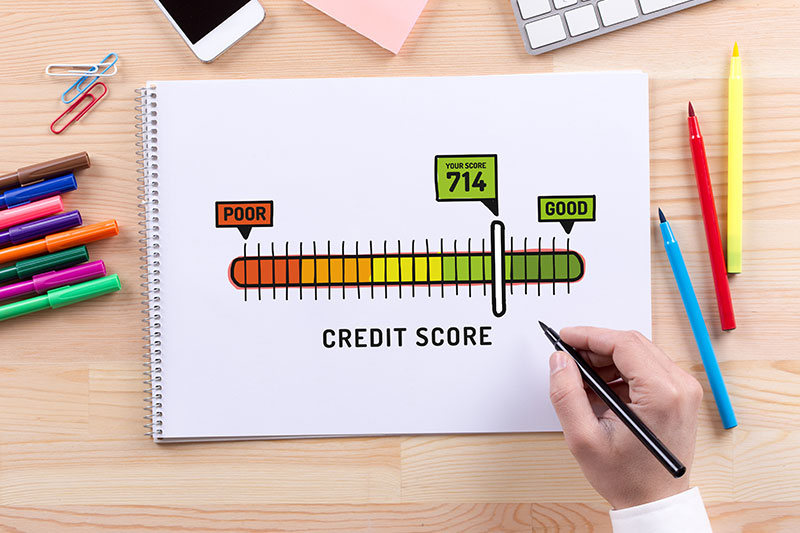

Having a low credit score with defaults can be a daunting financial challenge, but the good news is that it’s not an insurmountable obstacle. With strategic planning, commitment, and a proactive approach, you can take steps to improve your creditworthiness and regain financial stability. Let’s explore practical strategies to deal with a low credit score and defaults.

Know Your Credit Score:
The first step in dealing with a low credit score is understanding where you stand. Obtain your credit report from major credit bureaus to get an accurate picture of your financial history.
Identify Defaults:
Examine your credit report to identify any defaults or late payments. Defaults occur when you fail to repay a loan or credit card as per the agreed terms.
Create a Budget:
Start by creating a comprehensive budget that outlines your income, expenses, and debt obligations. This will help you identify areas where you can cut back and allocate more funds towards debt repayment.
Prioritize Debt Repayment:
Prioritize debts with the highest interest rates or those in default. Creating a repayment plan and focusing on clearing one debt at a time can make the process more manageable.
Negotiate with Creditors:
Contact your creditors and discuss your situation. Some creditors may be willing to negotiate a revised payment plan or settle for a lower amount. Clear communication can often lead to more flexible terms.
Consider Debt Consolidation:
Debt consolidation involves combining multiple debts into a single, more manageable loan. This can simplify repayments and, in some cases, reduce interest rates.
Seek Professional Advice:
Consult with a financial advisor or credit counselor to explore your options. They can provide personalized guidance on managing debt and improving your credit score.
Secured Credit Cards:
Consider applying for a secured credit card. These cards require a security deposit but can be a valuable tool for rebuilding credit. Ensure that the issuer reports your payments to credit bureaus.
Responsible Credit Usage:
If you have existing credit cards, use them responsibly. Make timely payments, keep credit utilization low, and avoid maxing out your credit limits.
Become an Authorized User:
Ask a family member or friend with good credit if you can become an authorized user on their credit card. This can positively impact your credit score.
Small Installment Loans:
Taking out small installment loans and repaying them on time can demonstrate responsible credit behavior. This can have a positive impact on your credit score over time.
Stay Current on Bills:
Consistently paying your utility bills, rent, and other obligations on time may not directly impact your credit score, but it contributes to a positive financial track record.
Establish Emergency Savings:
Building an emergency fund can prevent future financial setbacks. Having savings to cover unexpected expenses reduces the likelihood of relying on credit.
Regularly Monitor Your Credit Report:
Keep a close eye on your credit report and dispute any inaccuracies promptly. Regular monitoring allows you to track your progress and catch any issues early.
Be Patient:
Rebuilding credit takes time. Be patient and stay committed to your financial plan. Consistent, positive financial behavior will gradually improve your credit score.
Financial Education:
Invest time in educating yourself about personal finance. Understanding how credit works and making informed financial decisions is crucial for long-term success.
Dealing with a low credit score and defaults requires a proactive and disciplined approach. By taking steps to address outstanding debts, implementing responsible credit habits, and making informed financial decisions, you can gradually rebuild your creditworthiness. Remember, financial improvement is a journey, not an overnight achievement. Stay committed, stay informed, and watch your credit score rise over time.